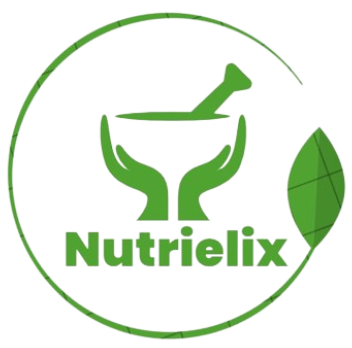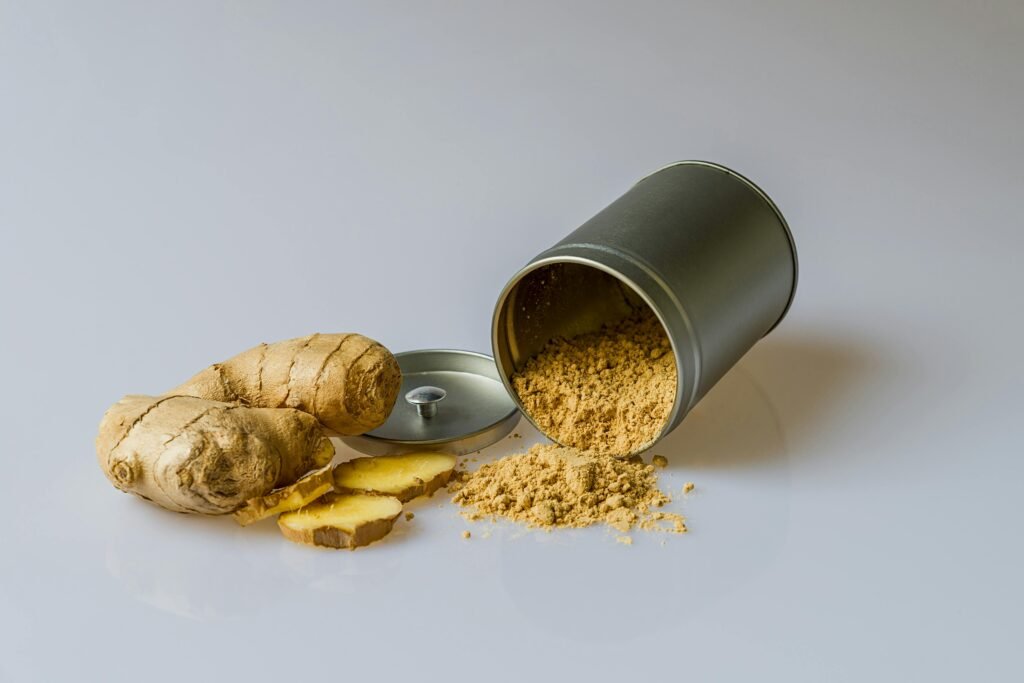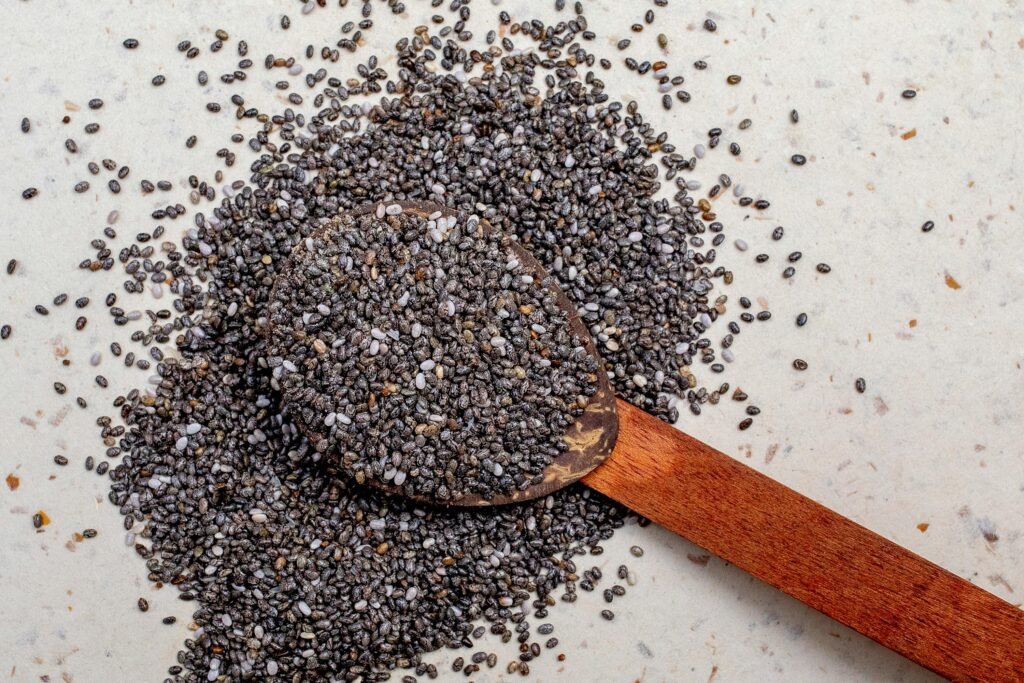The uses of natural remedies are increasing day by day and the use of alternative medicines increased markedly over the last few years. Ginger is one of the most used medicine alternatives. Here is a fun fact: I take ginger with tea and realize that it helps me improve my digestion. Then I started recharging about Ginger and I found some interesting facts and benefits of ginger. Lets deep dive into it:-
We take Ginger as condiments without knowing its medicinal effects and benefits. Ginger, scientifically referred to as Zingiber officinale Roscoe, holds a distinguished status as one of the world’s most widely embraced culinary spices. Within its rhizomes, commonly known as roots, lies an intricate concoction of bioactive compounds. Chief among these is gingerol, the primary component responsible for its characteristic pungency, renowned for its purported array of remarkable effects on health and physiology. Despite its widespread consumption and generally favorable reputation, the complexities surrounding ginger’s mechanisms of action underscore the importance of approaching its therapeutic application with prudence and mindfulness.
Exploring the Versatility and Harvest Stages of Ginger
Before using any herbal medicine it needs to be scientifically recharged and establish the safety and efficacy of potential therapeutic plant remedies. Ginger has been used for thousands of years for the treatment of colds, hypertension, arthritis, migraines, and nausea. The medicinal, chemical, and pharmacological properties of ginger have been extensively reviewed.
Ginger comes in various forms, each offering its unique flavor and aroma. Whether fresh, dried, pickled, or powdered, ginger adds a peppery, slightly sweet kick to dishes. The concentration of essential oils in ginger increases as it ages, affecting its use. For instance, ginger harvested at 9 months or longer is ideal for oil extraction. Pickled ginger, popular in sushi, turns pink from sweet vinegar. Ginger harvested at 8-9 months has a tough skin and is more pungent, often used dried or ground in spice racks for baking and cooking. Young ginger, harvested at 5 months, has a thin skin and mild flavor, perfect for fresh consumption or preservation.

Healing Potential of Ginger:
The healing potential of Ginger depends on its rich composition of bioactive compounds including flavonoids, essential oil, and phenolic acid. At least 115 constitutions have been identified in fresh and dried variants of ginger. The proportion of each individual component in a sample of ginger depends on the country of origin, commercial processor, and whether the ginger is fresh, dried, or processed.
Digestive Health:
Ginger is well known for its digestive benefits. It acts as a natural remedy for indigestion, bloating, and gastrointestinal discomfort. It also helps with the expulsion of gas. It helps your stomach feel better by easing digestion problems like bloating and discomfort.
Immune Support:
Our immune system is our body’s defense mechanism against pathogens, viruses, and bacteria. It’s like a vigilant security team patrolling our internal borders, ready to neutralize any threats. With immune-modulating properties ginger acts as a defender against microbial invaders. Its antiviral and antibacterial action boosts the body’s natural defense, helping to ward off infections and support immune function.
Anti-inflammatory Action:
- Cytokine Modulation: Ginger appears to regulate cytokines—small proteins involved in immune responses. By balancing pro-inflammatory and anti-inflammatory cytokines, Ginger helps maintain equilibrium.
- NF-κB Inhibition: NF-κB (nuclear factor kappa-light-chain-enhancer of activated B cells) is a key player in inflammation. Ginger may inhibit NF-κB activation, reducing the inflammatory cascade.
- Oxidative Stress Reduction: Chronic inflammation often leads to oxidative stress. Ginger’s antioxidants combat free radicals, protecting cells from damage.
Stress Relief and Mental Well-being:
In today’s fast-paced world, stress has become an omnipresent challenge to health and happiness. “Ginger exerts adaptogenic properties, helping the body to adapt to stressors and promoting a sense of calm and balance. It is revered for its ability to ease anxiety, uplift mood, and enhance overall mental well-being.
Anticarcinogenic Activities of Ginger
Ginger and its compounds have shown promise in fighting cancer. They work by stopping cancer cells from growing and spreading. Two specific compounds found in ginger, [6]-gingerol and zerumbone, are particularly effective. They can reduce the risk of cancer by preventing damage to cells and helping remove harmful substances from the body. These compounds also cause cancer cells to die and prevent them from multiplying. Additionally, ginger compounds can block signals that help tumors grow and spread. Overall, ginger has the potential to be a natural way to prevent and treat cancer.
Ginger as an Antinausea Agent
Ginger has been used for a long time to help with nausea and vomiting. It’s especially effective for motion sickness, seasickness, and pregnancy-related nausea. Some studies suggest that ginger can speed up stomach emptying and reduce discomfort in the stomach. Although not everyone experiences side effects, some people may have mild stomach issues. Despite this, ginger is a popular choice for managing nausea during pregnancy, and it’s considered safe and effective compared to other treatments. Additionally, ginger may help reduce nausea caused by chemotherapy, although results can vary. Overall, ginger is a valuable option for addressing different types of nausea and vomiting.
Incorporating Ginger into Your Lifestyle
Here’s how you can harness Ginger’s potential benefits:
- Dietary Choices: Include Ginger-rich foods in your diet. Fresh herbs like basil, oregano, and thyme contain Ginger. Add them to salads, soups, or marinades.
- Supplements: Ginger supplements (such as capsules or tinctures) are available. Consult a healthcare professional for appropriate dosages.
- Herbal Teas: Brew a soothing Ginger tea. Steep-dried Ginger leaves in hot water for 10 minutes. Sip it as part of your daily routine.
A Note of Caution
While ginger shows promise, remember that individual responses vary. Always consult your healthcare provider before introducing any new supplement, especially if you have existing health conditions or are taking medications.



